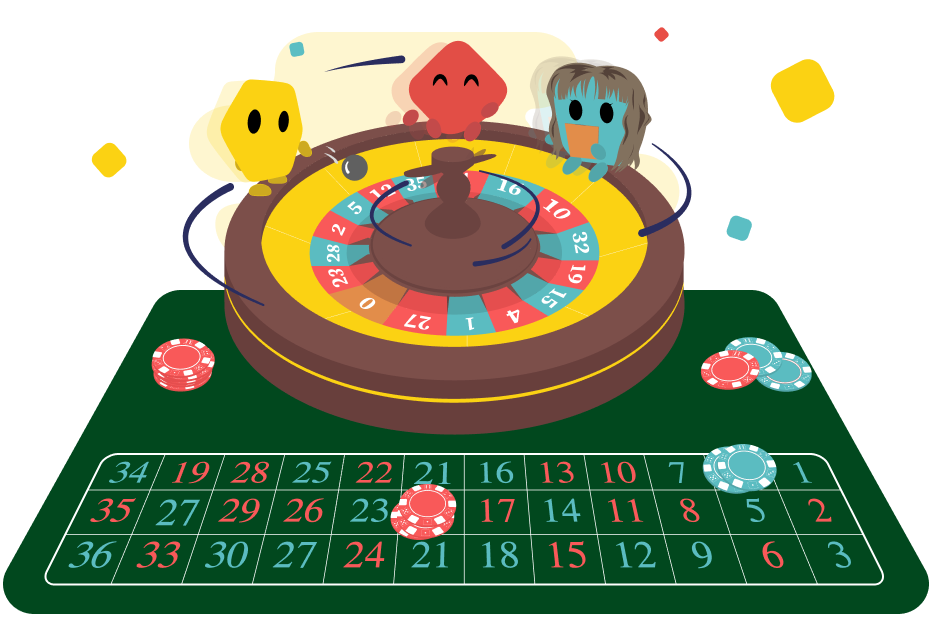- Project
- Underway
Gamble Game – Board games training to prevent problematic gambling practices

Stefania Guasco Clinical psychologist
Stefania Guasco is Director of the Digital Clinical Psychology Unit of ASL1 (health system in the Liguria region). She has clinical experience in the field of development and teaches general psychology at the University of Genoa’s nursing program. She is also interested in the use of new digital technologies in the field of mental health.
-
Project start date :
2024/05/01 -
Status :
Underway -
Research organization :
ASL1, Mercatorum University, L’Ancora -
Team :
Dr Enrico Oliva (ASL1), Dr Paola Cardilani (Mercatorum University) and Fabio Boero (L’Ancora)
In 2023, Game in Lab selected Stefania Guasco’s project to assess the potential of board games to prevent problematic gambling practices among teenagers. The project is conducted in a school setting and aims to develop awareness of the risks associated with gambling, by raising awareness of the emotions that motivate risky behaviors and by proposing conscious and responsible gaming models.
Project overview
In 2021, 42% of teenagers in Italy gambled, with 9% of them developing problematic gambling practices having negative socio-emotional and relational consequences. Conversely, playing board games can have beneficial effects for certain health-related behaviors, such as quitting smoking. Therefore, this research project aims to develop and evaluate the use of board games in schools to prevent gambling. It aims to raise awareness among adolescents, develop their critical thinking skills and offer them positive alternatives that contribute to healthier behaviors.

Methodology
The protocol is based on a pre/post-test methodology. Adolescents are divided into two groups: one undergoes an awareness intervention using board games (with three game sessions to work on collaboration, probabilities and risk-taking, self-control, etc.), and the other is a control group. The adolescents answer questionnaires on their behaviors and attitudes toward gambling, both before and after the intervention. Five focus groups are also organized to better understand the transformation processes related to the training.
Outcomes
The research project is ongoing. The results will establish whether board games are effective in preventing problematic gambling behaviors in adolescents, offering health professionals an attractive approach to promote positive and healthy behaviors.
